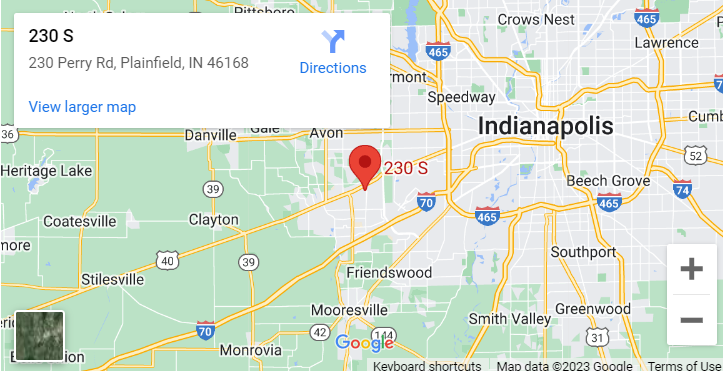3 Keys To Securing Your Web Site
We all hope it won’t happen to us. We keep our typing fingers crossed. But one day, it will. Web site owners who have been doing business online for some length of time know all the trouble one hacker can cause. Once a hacker gains access to a Web site they can do a devastating amount of damage to an established business. It is for this reason that most online businesses hire a team of Web site security specialists to make sure this never happens. Whether it’s people who just accidentally entered a forbidden part of a Web site or those who hack into a system deliberately, the goal is to prevent it before it happens. Here are three steps you can take.
Use Digital Certificates
Any Web site that does business online should use digital certificates. This helps to protect sensitive data when passed using a form. This could include anything from person’s social security number, credit card information, to his or her address and contact numbers. It is important for Web site owners to be able to assure their clients that their Web site is secure. A digital certificate goes a long way towards allowing clients to trust a business is legitimate and entrust sensitive information to it.
It is, however, important to be careful when buying a digital certificate. It is vital to not obtain one that is outdated or which has been sabotaged by a hacker.
Keep Security Regularly Updated
Some of the most important security procedures include methods to make sure a Web site’s forbidden pages are inaccessible to anyone who lacks authority to view them. This includes tracking that person’s IP and recording it. This will help protect Web site owners from people trying to illegally access, download, or alter the Web site’s files. As a last resort it will also help authorities track down where an offender lives and, if necessary, whom to charge with a crime.
As criminals constantly devise new ways to circumvent modern security, security procedures are constantly being updated to ensure that the latest version includes protection against these new security threats and risks. It is the Web site owner’s duty to make sure that the security is up-to-date. This makes the correction of such problems, if they arise, easier.
A Web site owner should also regularly change the Web site’s administrator password, observing all the common sense rules regarding password creation. Although many do not take this step, simply taking precaution can help prevent a costly breach from occurring.
Monitor Online Activities
It is absolutely vital for a Web site owner to monitor all of their online activities. Many Web site owners have unwittingly caught a computer virus by downloading something or clicking on a Web URL link while browsing the Internet. These kinds of mistakes are common and can be avoided by simply taking reasonable measures to provide security for their computers.
Email from unknown people should be treated suspiciously, particularly if an attachment is included. Often these attachments have a Trojan, virus, or other malicious software packaged inside them that will burst free when the attachment is downloaded. Although most new computer security products are aware of these viruses, a brand-new virus can remain undetected until it is discovered by security professionals who then update their protective software to counter the new threat.
For the owner of a Web site, every virus and illegal access that is prevented on their personal computer represents a lot of money saved. Perhaps more than most anyone else, Web site owners get their money’s worth when buying security products. A Web site owner can lose their Web site and all their earnings from a single breach by a single hacker, even if that breach is on their home PC if that computer has been used to access restricted areas of their Web site. The peace of mind a few security software purchases can bring are more than worth the cost in dollars. Remember the old adage: penny wise and pound foolish? This can apply to managing a site in today’s increasingly fraught environment. Are you being pound foolish?



